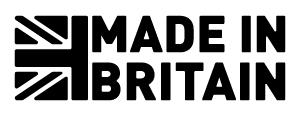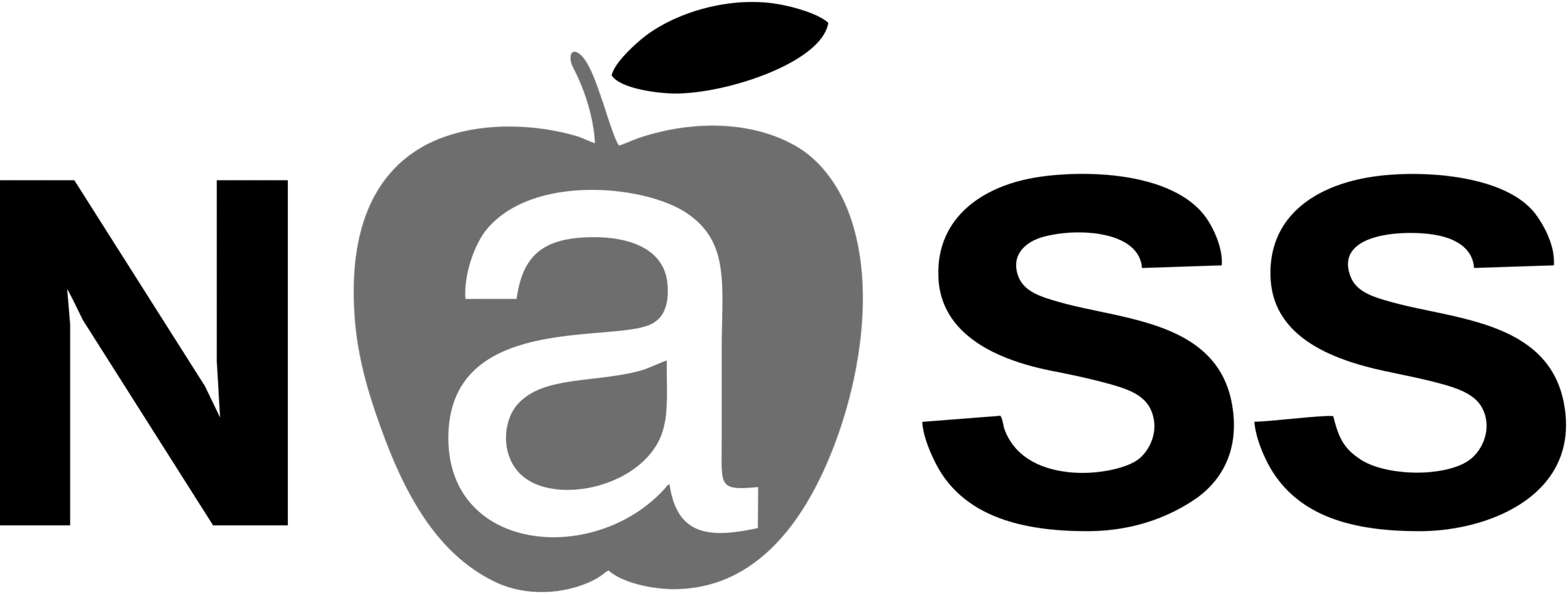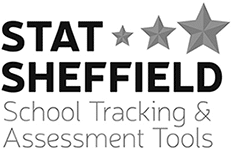The Ultimate Guide to School Pupil Tracking
Will the new Ofsted framework be the death of pupil tracking systems if inspectors are going to refuse to look at internal data? This is the question that many school leaders are faced with and it brings us on to the real question about why we need to track pupils in the first place. What is the purpose of pupil tracking?
What is Ofsted actually saying?
“The school’s use of assessment”
When used effectively, assessment helps pupils to embed knowledge and use it fluently and assists teachers in producing clear next steps for pupils. However, assessment is too often carried out in a way that creates unnecessary burdens for staff and pupils. It is therefore important that leaders and teachers understand its limitations and avoid misuse and overuse.
Inspectors will therefore evaluate how assessment is used in the school to support the teaching of the curriculum, but not substantially increase teachers’ workloads by necessitating too much one-to-one teaching or overly demanding programmes that are almost impossible to deliver without lowering expectations of some pupils.
The collection of data can also create an additional workload for leaders and staff. Inspectors will look at whether schools’ collections of attainment or progress data are proportionate, represent an efficient use of school resources, and are sustainable for staff. The Teacher Workload Advisory Group’s report, ‘Making data work’, recommends that school leaders should not have more than two or three data collection points a year, and that these should be used to inform clear actions.
Schools choosing to use more than two or three data collection points a year should have clear reasoning for what interpretations and actions are informed by the frequency of collection; the time taken to set assessments, collate, analyse and interpret the data; and the time taken to then act on the findings. If a school’s system for data collection is disproportionate, inefficient or unsustainable for staff, inspectors will reflect this in their reporting on the school.”
Workload issue
Ultimately, Ofsted is trying to discourage a culture of teachers spending hours on end ticking off objectives in online pupil tracking systems when their time may be better spent planning great lessons. There are schools who track very frequently – often five or six times per year – because they are trying to show that their pupils are making progress however we know that this is excessive, and it is unlikely that any meaningful progress has been made. This can also lead to teachers becoming ‘click happy’ with the mark books in online school pupil tracking software and trying to get a magic number of objectives signed off in order to prove that progress has been made. There should really be no need for any more than a termly assessment point in the core subjects and this can be a simple overall judgement because the teachers should know whether the pupils are keeping up with what they are teaching them.
“Inspectors will not use schools’ internal assessment data as evidence”
[1] Inspectors will not look at non-statutory internal progress and attainment data] on section 5 and section 8 inspections of schools.[2] That does not mean that schools cannot use data if they consider it appropriate. Inspectors will, however, put more focus on the curriculum and less on schools’ generation, analysis and interpretation of data. Teachers have told us they believe this will help us play our part in reducing unnecessary workload. Inspectors will be interested in the conclusions drawn and actions taken from any internal assessment information, but they will not examine or verify that information first-hand. Inspectors will still use published national performance data as a starting point on inspection.
Inspectors will use the official IDSR as a starting point and get to see first-hand the quality of education as experienced by pupils and understand how well leaders know what it is like to be a pupil at the school.
Inspectors will ask schools to explain why they have decided to collect whatever assessment data they collect, what they are drawing from their data and how that informs their curriculum and teaching.”
Meaningful data
Ofsted have been really clear that they do not want to look at schools’ own internal data because it is not comparable as every school does it in their own way. Schools should be able to talk about where their pupils are in the curriculum and whether this is where they would expect them to be and, if not, what they are doing about it. One of the unintended consequences of some tracking methods was that we had situations where 80% of pupils may have been at the expected standard at the end of a previous year group but then the system shows that only 12% are at the expected standard in the autumn term. How can this be? The teachers would explain that they are judging them against the end of year standards throughout the year. The massive issue with this approach is that the system then fails to highlight clearly enough the pupils who are not on track to reach the expected standard so those pupils may not be getting the extra support that they need. How can we make it meaningful?
- Take a broad approach to assessing the core subjects.
- Consider whether a child is typically operating within the curriculum for their year group. If they are, they are ‘on track’ for the expected standard.
- If a child is regularly taking their learning deeper than they are ‘on track’ for greater depth.
- If a child is struggling to keep up with the pace of the curriculum then they may be
classified as ‘almost expected’ or ‘below’. Either way, the key is what we are doing about it. Do they need additional support or intervention to keep up or is there a significant developmental delay which means that they need a more bespoke curriculum? - Schools may wish to consider using some carefully chosen standardised assessments at certain points in order to gauge where pupils are against a much larger sample for moderation purposes. Standardised scores are also fairly easy to measure progress against when repeated.
Focus on curriculum
Curriculum is at the heart of the new framework and there is a huge temptation for leaders to start getting their teachers to carry out detailed assessment in history, geography, art, design and technology, computing or music. Hang on a minute – I thought that we were worried about workload! Again, schools need to consider the purpose of this sort of assessment. Is it actually useful to tick off assessment criteria or objectives or are we in danger of just tracking coverage rather than what the pupils have actually learnt? Ultimately, if we get our ‘intent’ right and have carefully sequenced the learning, including the essential knowledge at each stage, could it be as simple as the teacher considering assessment in the following way:
- Is the pupil broadly operating within the curriculum for their year group? Great!
- Is the pupil regularly taking their learning a bit deeper?
- Is the pupil struggling to keep up? What am I going to do to help them to keep up?
The teacher knows what they planned to teach and that is in line with the year group expectations, they know that they did teach it and they have spent time noticing whether or not pupils are demonstrating understanding therefore it should be sufficient to capture this at a higher level a couple of times per year in the foundation subjects.
Judging progress
How are Ofsted going to judge progress?
Ofsted have a definition of progress, which is that, “Progress means knowing more and remembering more.” This relates to the meaning of learning, which is “defined as an alteration in long-term memory. If nothing has altered in long-term memory nothing has been learned.”
Sweller, J., Ayres, P., & Kalyuga, S. (2011). Cognitive load theory (Vol. 1). Springer Science & Business Media.
With this in mind, inspectors will spend time examining what the school tells them is on the curriculum and whether or not the pupils actually know about those things. Rather than spending time pulling together spreadsheets from school pupil tracking systems about what pupils know, the time would be better spent with the children, sampling what they have remembered. This can be a really simple process of talking to pupils about what they can remember from a previous term’s topic and working out whether they have retained the essential knowledge and can articulate their understanding. Many schools are using strategies to promote regular retrieval to help pupils to retain the key things that they have learnt in their long-term memory.
The main conclusion about progress is that the school really needs to know its pupils, what they should be learning, about the progression in each subject and how well the pupils are doing. As an indication of progress in the core subjects, schools can very easily get a broad overview of where pupils are currently in relation to their prior attainment band. If there are more pupils at expected than there were previously then this is going to result in higher progress scores. Simple transition matrices are really clear and useful. This also means that schools can talk about the children who are / were below and how they are getting them to expected. Educater provide a really helpful system to our school so that we can capture where pupils are at a few key points in the year and this takes very little teacher time. Their online pupil tracker is a bespoke system therefore it is aligned to the school’s needs rather than off the shelf.
Focus on early reading
For all primary settings, early reading is going to be a significant focus in the new framework. This is one key area where regular assessment is actually encouraged:
“The ongoing assessment of pupils’ phonics progress is sufficiently frequent and detailed to identify any pupil who is falling behind the programme’s pace. If they do fall behind, targeted support is given immediately.”
Why is this in the handbook? Well, Ofsted inspectors have been trained to inspect early reading and to look closely at the lowest 20%. As pupils should be moving through a systematic synthetic phonics programme at pace, there needs to be regular assessment to identify any pupil who is not keeping up so that the school can put in place daily one to one tuition. Each programme will have an assessment system built in and this can be tracked in an efficient way. There is a clear justification for detailed tracking of the lowest 20% of readers.
Recommendations
- Keep it real! Use simple terminology that anyone can understand.
With Educater school pupil tracking software, we have developed a common language.
The teachers assess against the key assessment criteria and award:
1 | 2 | 3 | 4 |
Taught but not yet understood | Achieving with scaffolding / support | Secure | Evidence of greater depth |
- Termly assessment points for core subjects and one or two assessment points for foundation subjects is sufficient.
At the end of each term, the teachers make an overall professional judgement (this is not numerically generated).
- Track pupils against prior attainment bands to make sure than nobody is falling behind.
KS1-2 Conversions | Below Expected Standard at Key Stage 2 | Expected Standard at Key Stage 2 | Greater Depth at Key Stage 2 |
Below Expected Standard at Key Stage 1 | -> | Catch up to reach expected standard (most pupils) |
|
Expected Standard at Key Stage 1 |
| We would consider pupils to have made ‘substantial and sustained’ progress if they continue to master the curriculum for their year group over four years and reach the expected standard. | Through the ambitious curriculum, some of the pupils who were at the expected standard at the end of key stage 1 achieve a high score at the end of key stage 2. |
Greater Depth at Key Stage 1 |
|
| By tracking pupils within their ‘prior attainment bands’ we would ensure that pupils with high prior attainment achieve a high score at the end of key stage 2. |
Current Attainment against KS1 Prior Attainment Bands
| Below | Expected | Greater Depth |
Low KS1 | Name Name Name | Name |
|
Middle KS1 |
| Name Name Name Name Name Name Name Name Name Name | Name Name Name |
High KS1 |
| Name Name | Name Name Name Name Name |
Educater Reports
Outcomes Report (termly) – simple overview for SLT and governors
Total progress report (annually) – to show the journey from entry to exit
Year group analysis – to identify pupils who may need more
To find out more about Educater’s bespoke assessment packages, which are aimed at providing meaningful data and reducing teacher workload, please visit www.www.educater.co.uk It is always really useful to visit a school, provide an onsite demonstration of the system and discuss the school’s individual requirements. Educater works very closely with experienced school leaders to ensure that our approach is in line with the current best practice. Where schools are less confident about what they need from an online school pupil tracking software, we can draw on the advice of our partners.
[1] This does not include relevant assessment information (such as photographs, video and records of observations) made by teachers and teaching assistants for pupils who have profound or multiple learning difficulties.
[2] Although they will consider the school’s use of assessment.
















